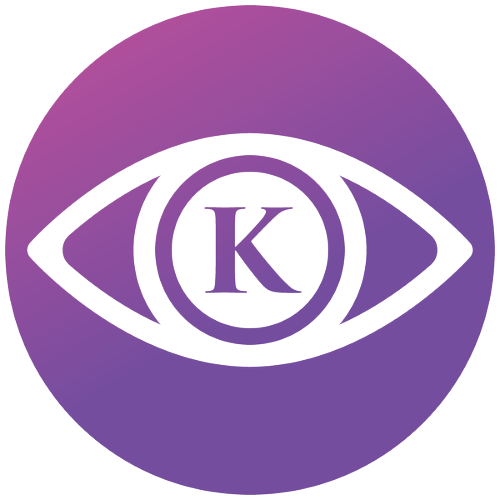Cataract surgery - 5 tips for a pleasant and quick recovery
- Sara Djurić
- Oct 7, 2022
- 2 min read

CATARACT SURGERY
Millions of people undergo successful cataract surgery every year. However, it is important to take some general precautions to help you get through the recovery process and get your vision back in time. Here are five helpful tips to follow every day while recovering from cataract surgery.
REDUCE STRENOUS ACTIVITIES
Avoid rigorous exercise and activities that require heavy lifting for several weeks to reduce the chance of increased eye pressure. High eye pressure can affect the incision before it is fully healed. Positions that put your head below your waist, such as bending over, can also increase eye pressure and should be avoided initially after surgery.
PROTECT YOURSELF FROM IRRITATION OR TRAUMA
When you come home from surgery, it's natural to feel like there's something in your eye, like an eyelash or sand. The eyes may be sensitive to the environment for at least a week after surgery. Sunglasses will not only protect you from exposure to dust, dirt and pollen, but will also help with light sensitivity.
AVOID SWIMMING IN POOLS AND SHOWER CAREFULLY
Exposure to water can put your eyes at risk of infection or irritation until your eye heals from surgery. Wait at least one evening before taking a shower and make sure that the stream of water does not go directly into your eyes.
AVOID DRIVING
Most patients can drive 48 hours after cataract surgery. However, this depends entirely on the individual patient. The day after the operation, you will return to the office for a check-up. We will assess your vision to determine when it is safe for you to drive and resume other normal activities.
FOLLOW YOUR DOCTOR'S ORDERS

This part of your recovery process goes without saying. You should also contact us immediately if you experience any of the following symptoms after surgery:
Loss of vision
Pain in the eyes
Flashes Nausea
Vomiting or excessive coughing
Follow the dosing instructions for prescribed medications, such as eye drops or pain medications, as directed. Every eye and every person has special needs, so we will give you the best instructions for a successful recovery.



Comments